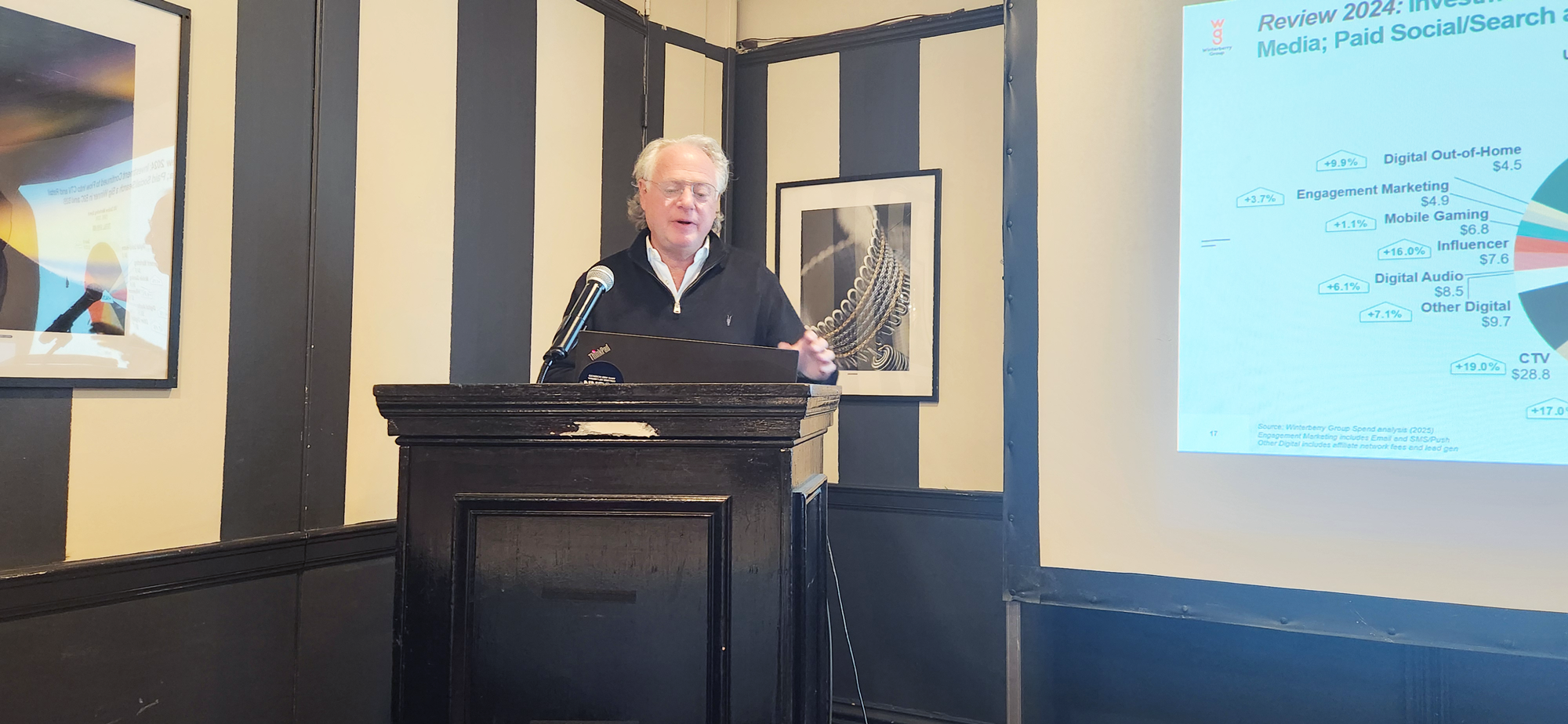Provocateur

Artificial intelligence, better known as AI, is today’s concept du jour across seemingly all industries and professions. More accurately, AI has been on the menu of talking points for some time, but the difference now is that everyone—regardless of palate—wants a bite. The question: Are we all in for a game-changing meal of a lifetime? Or, is the lofty promise of AI to supercharge performance priming us for one displeasing letdown?
Delectable analogies aside (yes, it’s lunchtime as I write this), before I attempt to answer these questions to the best of my experience, let’s examine what AI means specifically in the context of marketing.
In its most basic terms, AI ingests heaps upon heaps of data to predict future behavior via intelligent and predictive automation. AI learns in real time, and requires a constant input of data to feed its processors for enhanced decision-making. Think of AI as your favorite cookbook; it will guide you in creating a delectable meal, but you’ll need the right ingredients (data!).
The pros and cons
So, is AI like Gordon Ramsey, helping us supercharge our marketing initiatives? Or, is it more like Chef Boyardee, replacing our five-star, homemade rigatoni Bolognese with Beefaroni-like robot chefs powered by opaque ingredients/data? To dig deeper, let’s consider the pros and cons as reverberated in the blogosphere:
The Pros: Let’s liken AI’s power to make sense of immeasurable sets of data to a machine gaining newfound consciousness; one capable of attaining a greater understanding of itself, as well as its buyers—very, very fast. In this regard, AI can learn to foster higher-quality relationships and increase the success rates of marketing outreach and sales conversations by filtering out “bad” data or prospects. Likewise, for our sales counterparts, AI can reduce the time spent on prospecting and remove the need to “spam” lists of people. All good things.
As HubSpot cofounder and CTO Dharmesh Shah says, “Humans will not be replaced by AI and will be able to skip the boring stuff. Anything that seems rote or mechanical, there is no reason for humans to do—it’s all going to go to AI.”
The Cons: Skeptics of the concept range from those who see AI as just another buzzword under the guise of better-known terms such as “machine learning” and more simply “automation” to those who point to the difficulties of the claim that AI can actually predict human behavior. The latter group of critics argues that because AI will continue to rely on guidance and oversight to ensure that the parameters set meet a buyer’s and seller’s criteria, it can never be effective without 100 percent reliable and accurate data.
Furthermore, those unwilling to take on a rosier AI perspective believe that it breeds complacency versus active learning, which is especially dangerous in today’s world of ever-changing tech. The thinking here is this: By becoming increasingly dependent on automation to do our jobs, we’re not educating ourselves on what’s working and what’s not, and we’re becoming less agile and creative in the process.
So, what does this all mean for marketers?
As AI continues gaining ground and acceptance, we need to combine two notions:
-
If AI is to ever lay claim to supercharging marketing, it must be fueled by objectively accurate data.
-
In using AI, marketers must take into account the human element often overlooked in AI discourse to understand the real, personal needs of buyers.
When addressing these two points, marketers should work with data vendors that supply only high-quality data that can help precisely tune their AI automation engine. Additionally, marketers should ensure that their data vendors can provide a streamlined inflow of on-demand information that can help safeguard against poor-quality, unreliable data and flawed decisions. Look for vendors who do this in large part by involving the human element (marketers, sales pros, and decision makers) in data differentiation and segmentation.
With data as the lifeblood of AI, it’s essential for marketers to find data vendors that enable them to strategically use their data through continuous testing on various initiatives, augmenting the more or less blind nature of AI with individual knowledge.
For marketers, it’s all about the ability to streamline their team’s workflow and ensure that good (accurate and detailed) data is always at their team’s disposal. Relying on quality data must be a mind-set and a practice.
So, can AI deliver on the promise of supercharging marketing? The jury’s still out. But one thing’s for sure: You can always bet your bottom dollar on quality data.

About the Author
Anna Fisher is Senior Director of Marketing and Head of Lead Generation at ZoomInfo. Anna is looking forward to sharing insights with marketing and sales executives at ZoomInfo’s 2018 Growth Acceleration Summit, in Boston on June 18-20, where industry thought leaders will provide advice on how to close the marketing-sales gap and, as a result, succeed faster.
You can also find Anna on LinkedIn.








